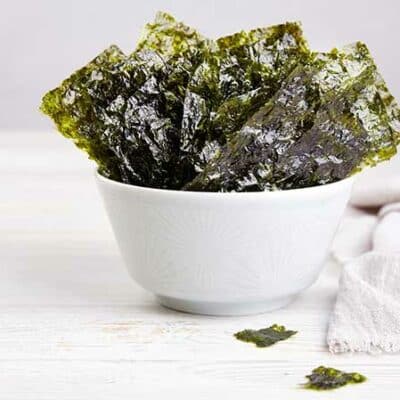Understanding Essential Nutrients for Pregnant Women
Key Nutrients for Pregnant Women
The human body requires a range of nutrients to function optimally, but during pregnancy, certain nutrients take on heightened significance. These nutrients play critical roles in the development of your baby’s organs, tissues, and overall well-being.Folic Acid: The Foundation Nutrient
One of the most crucial nutrients for pregnant women is folic acid. This B-vitamin is essential for proper neural tube development, reducing the risk of birth defects affecting the brain and spine. Leafy greens, citrus fruits, and fortified grains are excellent sources of folic acid. To ensure adequate intake, aim for around 600 micrograms daily.
Iron: Oxygen and Energy Boost
Iron is essential for preventing anemia, a condition characterized by reduced red blood cell count. Anemia during pregnancy can lead to fatigue and complications. Lean meats, beans, and fortified cereals are iron-rich choices. Enhance iron absorption by pairing iron-rich foods with vitamin C sources, such as oranges or strawberries.Calcium and Vitamin D: Strong Bones and Teeth
Both calcium and vitamin D are vital for your baby’s bone and teeth development. Calcium-rich options include dairy products, fortified plant-based milk, and leafy greens. Your body needs vitamin D to absorb calcium effectively, so don’t forget to soak up some sun or consume vitamin D-fortified foods.Protein: Building Blocks of Growth
Protein is the building block of cells, crucial for the development of maternal and fetal tissues. Incorporate lean meats, poultry, fish, eggs, and legumes into your diet to ensure a steady protein supply.Omega-3 Fatty Acids: Brain and Vision Development
Omega-3 fatty acids, particularly DHA, contribute to the development of your baby’s brain and vision. Fatty fish like salmon and walnuts are excellent omega-3 sources. If you’re not a fan of fish, consider a high-quality omega-3 supplement.Vitamin C: Immune Support and Iron Absorption
Vitamin C plays a dual role during pregnancy. It boosts your immune system and enhances iron absorption from plant-based sources. Enjoy citrus fruits, strawberries, bell peppers, and broccoli to amp up your vitamin C intake.
Vitamin A: Vision and Skin Health
Vitamin A is essential for your baby’s vision and skin health. However, excessive intake can be harmful. Opt for foods like sweet potatoes, carrots, and spinach, which provide beta-carotene, a safe precursor to vitamin A.Vitamin B12: Nerve Function and Red Blood Cells
Vitamin B12 supports nerve function and red blood cell production. Since this vitamin primarily occurs in animal products, include lean meats, fish, eggs, and dairy in your diet.Zinc: Enzyme Function and Growth
Zinc is essential for enzyme function and overall growth. Incorporate zinc-rich foods like lean meats, nuts, seeds, and dairy to support your baby’s development.Hydration: Water’s Vital Role
Amidst all the focus on specific nutrients, hydration remains equally important. Staying hydrated supports your body’s increased blood volume and helps prevent common issues like constipation.Managing Nutrient Intake
Balanced eating is key during pregnancy. Aim for a variety of nutrient-dense foods to meet your needs. Prenatal vitamins can help fill gaps, but they’re not a substitute for a well-rounded diet. Always consult your healthcare provider before taking any supplements.Common Nutritional Concerns
Morning sickness and food aversions can complicate nutrient intake. If certain foods trigger nausea, experiment with bland or alternative options. Eating smaller, frequent meals can also help manage these challenges.Delicious Recipes to Stabilize Low Blood Sugar
Conclusion
Pregnancy is a transformative period that requires careful attention to nutrition. Essential nutrients play distinct roles in your baby’s growth and development. By making informed food choices, staying hydrated, and seeking guidance from healthcare professionals, you’re setting the stage for a healthy pregnancy journey.Can Essential Nutrient Deficiencies Contribute to the Development of Preeclampsia?
Understanding preeclampsia essentials is crucial when exploring the connection between essential nutrient deficiencies and the development of this condition. Research suggests that insufficient intake of key nutrients, such as calcium, vitamin D, and antioxidants, might increase the risk of preeclampsia. Proper prenatal nutrition, including a balanced diet and supplementation if required, becomes vital in maintaining optimal health and preventing complications during pregnancy.








